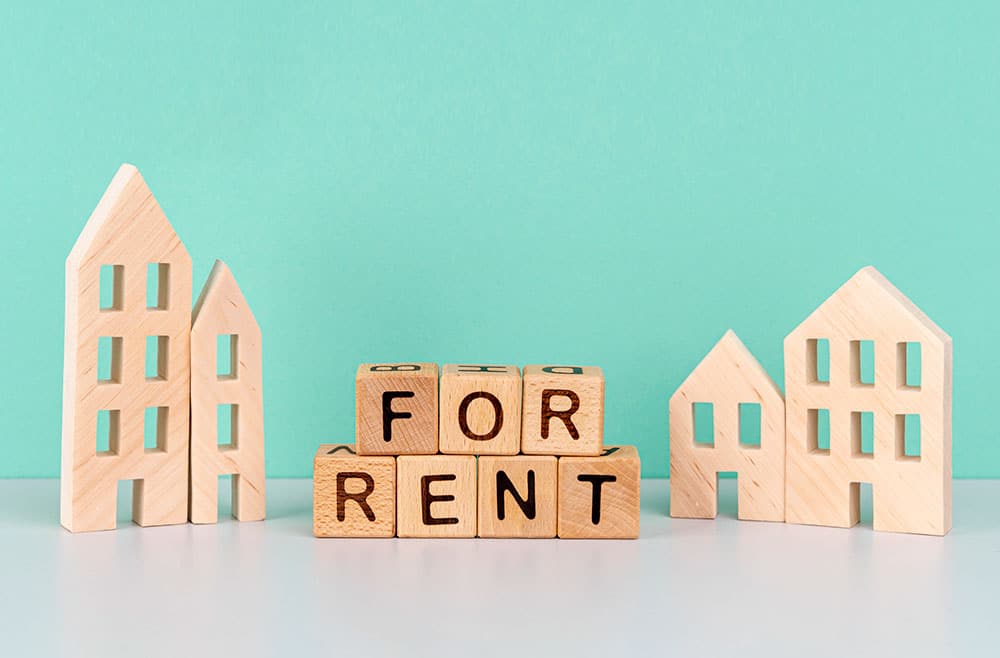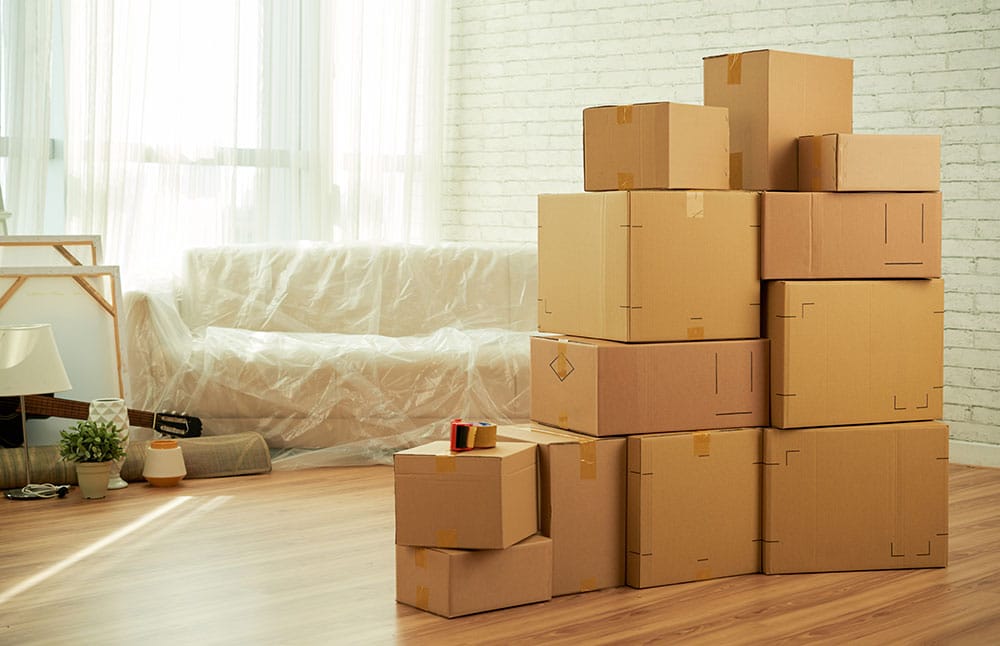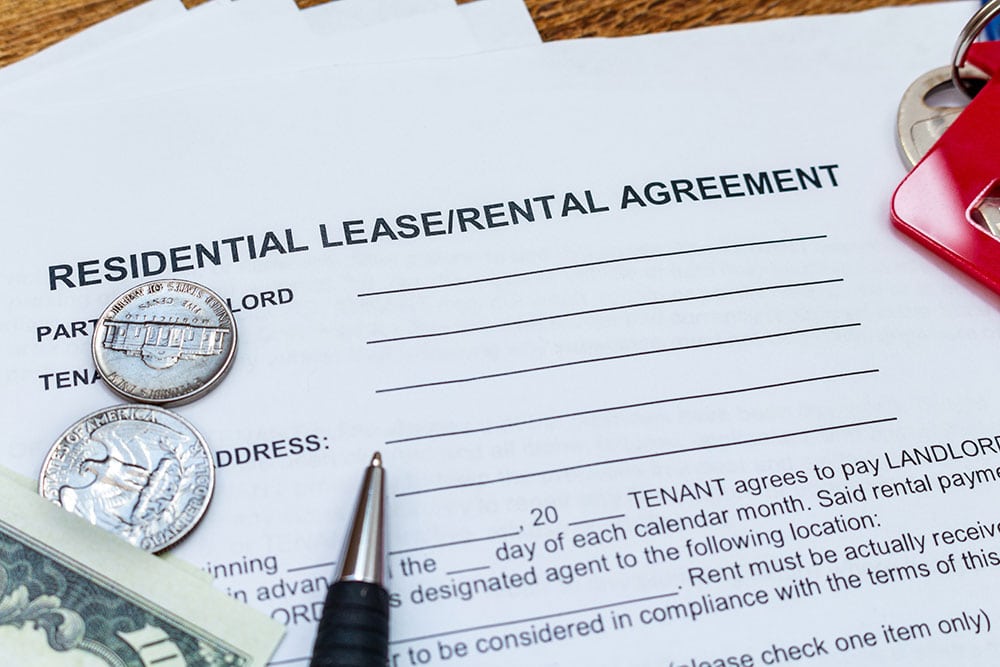
Have you ever considered moving but need to rent your current home? Maybe you have basement space or an attached cottage with a separate entrance, and you want to make extra income renting it out. For whatever reasons you want to become a property manager, there are numerous things to consider. Here are a few tips to prepare your home for rent.
Inspect for Major Repairs
Inspect for significant repairs, such as broken windows and appliances. Check to see if faucets and pipes run smoothly, being attentive to leaks. Also, be sure there are no roof leaks either, as this could become a major problem.
Check the electrical outlets and lighting fixtures, addressing broken bulbs. Also, inspect your flooring to make sure there’s no warping, which could be signs of a major leak beneath floorboards.
Keep an eye out for pests, such as wood termites or ants, and have an exterminator come and spray around the home if necessary. Even if you don’t see pests, set up a regular schedule to have an exterminator get ahead of any problems.
Remove Furnishings and Evaluate Appliances
Remove existing furniture, unless it’s a furnished rental. Once you’ve removed furniture, consider if any appliances need to be replaced as well. Even if it is a furnished rental, consider updating outdated sofas or dining tables.
Check appliances like the refrigerator, washing machine, oven and stovetop. Ask yourself if they’re in good working order and consider upgrading to a stainless steel finish. If you have a washer/dryer connection, consider adding these appliances as well, as this will surely attract more tenants.
Give a Deep Clean

You want your rental property to give a good first impression, so it’s essential to give it a deep clean. Clean out cabinets, wipe down baseboards and scrub the shower to make the place sparkle. Take extra care of the kitchen and bathrooms, as potential tenants pay extra attention to these areas.
Vacuum, mop and polish any flooring. Have carpets professionally cleaned or rent a carpet cleaner. For other flooring types, such as luxury vinyl tile or solid hardwoods, pay attention to their unique care and maintenance.
In addition, be wary of any odors. Is there still a lingering cigarette smoke smell? Does the fridge or trash compactor still smell like rotting food? Be sure to take a whiff around and ventilate these areas. Open windows for fresh air and use baking soda to absorb odors.
Spruce Up Yard Landscaping and Outdoor Spaces
Spruce up the yard, landscaping and outdoor spaces surrounding the property. This not only gives curb appeal but shows potential tenants the home is taken care of by a reliable landlord. Cut the grass, trim shrubs and even pressure wash dirty walkways or siding.
Consider adding extra amenities as well, such as a fenced-in backyard or new patio pavers to offer tenants some privacy and a comfortable space to go outside.
Add a Fresh Coat of Paint
A fresh coat of paint is an inexpensive way to enhance a rental property. It can do many things, like brighten up a room and make it appear cleaner. Before doing so, patch up any walls, of course. Smooth over nail holes or chipped areas.
Stick to neutral colors that appeal to a broader audience, too. Not everyone will appreciate a bold and bright focal wall. One way to make a rental look outdated is to have a room painted a once-trendy color. Also, be sure to paint the trim white, adding to the clean appearance.
Add Safety Features
One crucial step to get your home rental ready is to install smoke detectors and carbon monoxide detectors, as well as offering fire extinguishers. You may already have these safety devices in certain parts of your home, but at minimum, be sure they’re in working order and not expired (like batteries or extinguishers). If you are renting a portion of your home, like a basement, be sure these areas are equipped. Store the fire extinguisher near the kitchen.
Safety features also include window locks, front door deadbolts and even motion-detected floodlights along pathways.
Write Up Lease Documents

When renting a home, you can choose to use a local property management company or you can manage it yourself. Either way, consider the terms of the agreement and draft up a legal lease document for tenants to sign.
Write up details such as the lease length (monthly vs. yearly), and details on rent payments (check vs. online auto-pay systems).
As a landlord, decide if you will allow pets. Keep in mind, however, that 46 percent of renters have pets. So, excluding pets from your property will drop your applicant submissions. Instead, consider using a pet deposit or meeting the pet in person to determine its disposition.
Notify Your Mortgage and Insurance Companies
Another legal step to take to prepare your home for renting is to inform your mortgage and insurance companies. Let them know you will no longer be living in the home, or that you have subdivided a space for tenants.
Oftentimes, mortgage companies require specific mortgage-as-landlord requirements. And a landlord property insurance policy, as opposed to homeowners, can cover any losses resulting from tenant negligence, along with the usual natural disasters, fire and water damage.
Research Competition
Before you list your home to rent, research the competition and determine its market value. Compare square footage, neighborhood, number of bedrooms and generally the rental’s best amenities.
Also, determine any unique features of your home and highlight these in the ad to entice more tenant applications. Does it have energy-efficient, smart home devices? Is there off-street parking or an open floor plan?
Screen Potential Tenants
Hopefully, you will receive multiple applications for your rental so you can choose the best, most reliable-appearing tenant. Once you have a candidate in mind, be sure to check their credit report and criminal history.
It’s also important to understand tenant rights, specifically what’s required of the other party. This can vary by state and even county, so it’s important to verify.
Is Your Home Rent Ready?
With this handy breakdown, you can finally prepare your home for renting. Follow these steps and consider some upgrades to attract the right, reliable tenants, and you will have a good, hassle-free experience as a first-time landlord.